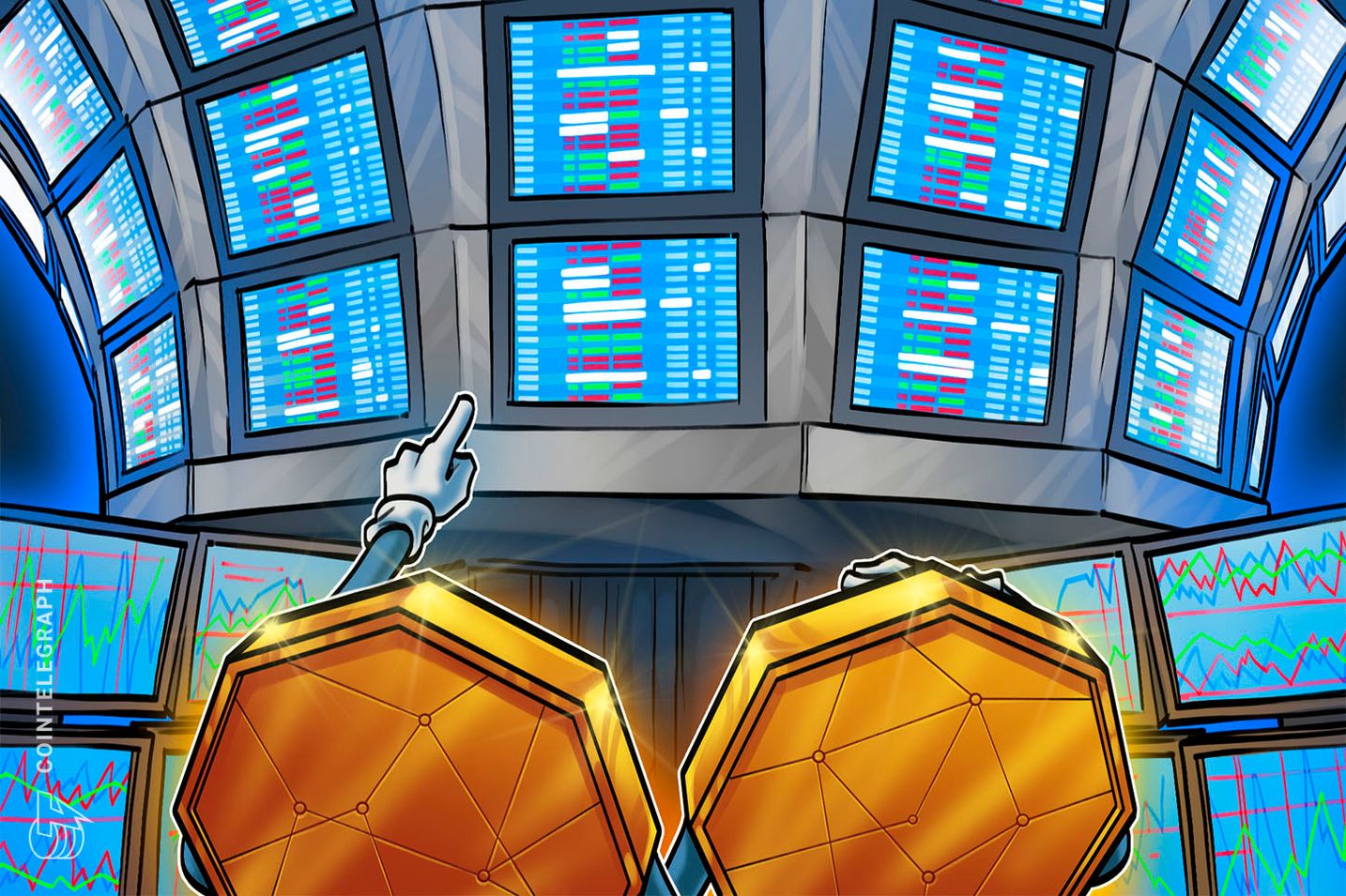Only professional investors with a portfolio exceeding $1 million can invest in altcoins through regulated exchanges in Hong Kong.

Hong Kong crypto exchange Hashkey, the first to receive a retail crypto license in the special administrative region (SAR), will open trading on its platform for Avalanche’s AVAX
$9.06 . However, there is a catch.
According to the Sept. 27 announcement, only professional investors — individuals possessing an investment portfolio with a value exceeding 8 million Hong Kong dollars ($1 million), as defined by Hong Kong’s Securities and Futures Commission (SFC) — can trade AVAX on the Hashkey exchange. Currently, only Bitcoin
$26,387 , Ether
ETH
$1,614 and Tether
USDT
$1.00 are approved by the SFC for retail trading, with the remaining altcoins subject to professional investor restriction.
The SFC has placed significant restrictions on exchanges since regulated retail crypto trading began in Hong Kong in August. Unlike its global counterpart, Hashkey Hong Kong requires users to deposit the equivalent of $1,500 into their exchange accounts as part of the Know Your Customer verification process.
As Cointelegraph reported in June, crypto exchanges are spending over $25 million to establish the proper infrastructure needed for a Hong Kong virtual asset service provider (VASP) license. Meanwhile, Hashkey Hong Kong has an estimated 24-hour trading volume of just $5.3 million across three cryptocurrencies, a fraction of its global peers.
Ironically, introducing a regulated crypto regime did not appear to halt the activities of bad actors. During the Token2049 conference in September, the most significant financial fraud in Hong Kong’s history unraveled with the collapse of the JPEX crypto exchange. The police have accused JPEX of embezzling more than $178 million of investors’ money, with the exchange being unregistered with the SFC at the time of the incident. Since the fallout, the SFC has begun publishing a warning list of crypto exchanges deemed noncompliant in the SAR.
